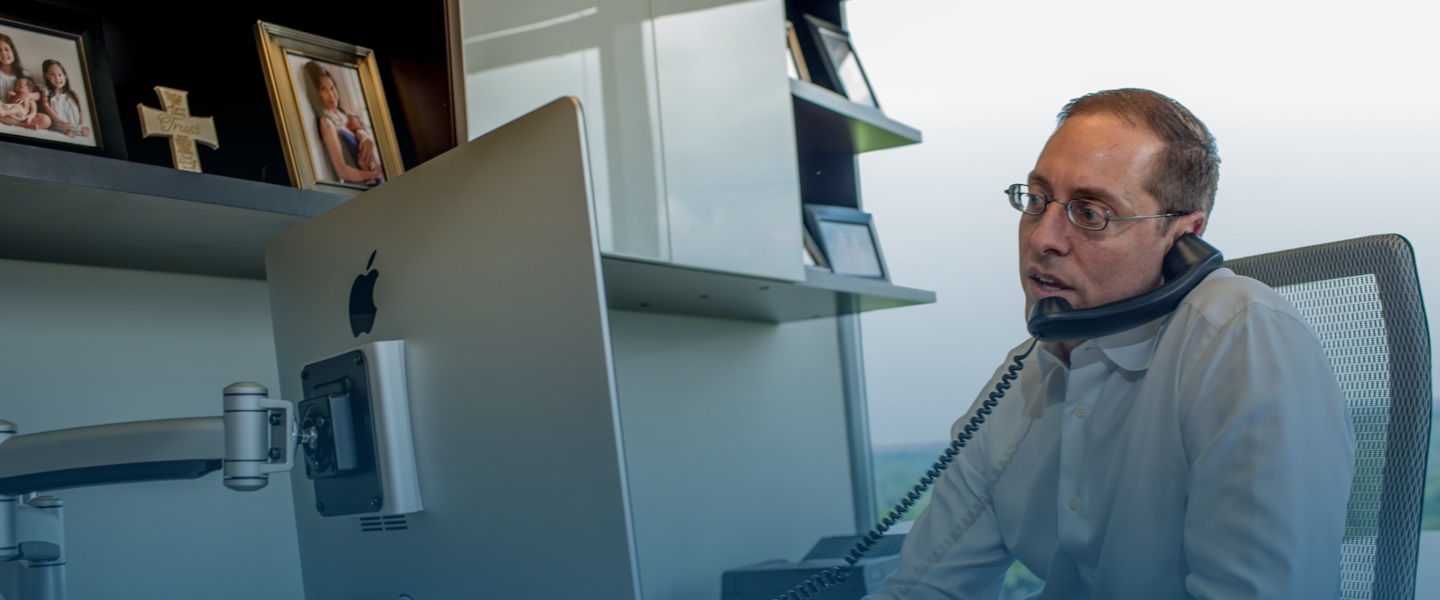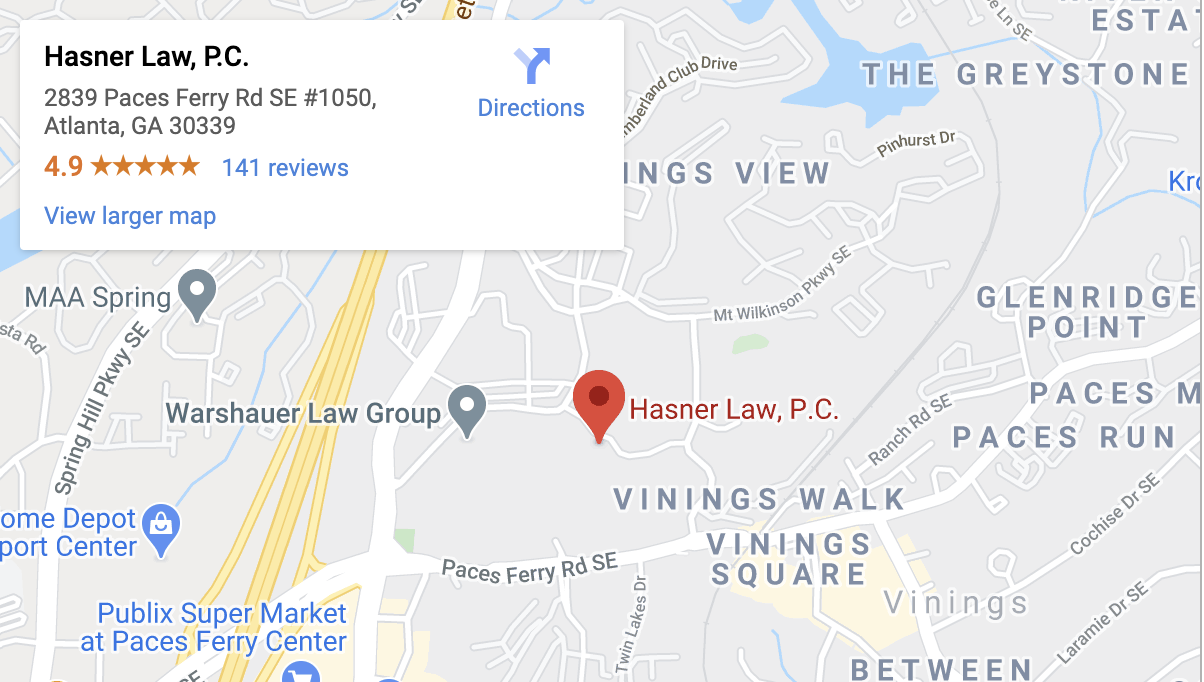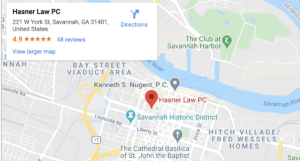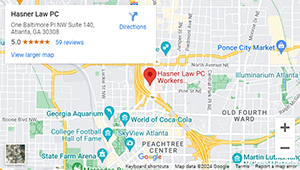Deposition
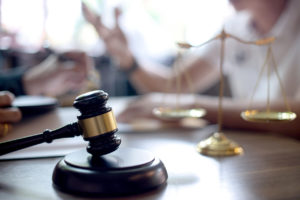
A deposition is a critical tool that lawyers use to gather information about a pending lawsuit (depositions are also used in criminal trials).
If you watch TV regularly, you have probably seen many dramatic portrayals of depositions, with varying degrees of accuracy.
Depositions do not normally take place in court. Typically, they take place in a lawyer’s office.
The Discovery Process
The discovery process is the process by which a party to a lawsuit seeks evidence that is in the possession of the opposing party. Discovery is initiated when one party files a formal complaint to initiate a lawsuit. The discovery process can consist of depositions, interrogatories (written depositions), subpoenas, and requests for documents. The discovery process typically commences at least several weeks before the actual trial date.
The main advantage of the discovery process is that it is court supervised. If a party refuses to cooperate, you can petition the court to sanction them. Court sanctions are unavailable in ordinary, pre-lawsuit settlement negotiations,
How Do Depositions Work?
In a deposition, an injury lawyer questions the witness (known as the “deponent”) under oath, and the deponent answers the questions. The opposing party’s lawyer might also question the deponent.
The questioning may be friendly or hostile. Since the witness testifies under oath, any knowingly false statement they might make constitutes perjury. Perjury can have both civil and criminal consequences.
How Do Depositions Compare With Courtroom Testimony?
Lawyers use depositions to resolve factual issues, not legal issues. For example, a lawyer may ask, “Where were you on the night of June 24th, 2021?”, rather than “Does this statute apply to government employees?” Every state has its own rules on depositions, including Georgia.
One important difference between depositions and courtroom testimony is that in a deposition, the lawyer can ask questions that may not be allowed in court. The general rule is that the lawyer may ask any question designed to lead to admissible evidence, even if the deponent’s answer itself is inadmissible. In this way, a deposition serves as an aid to a pretrial investigation.
Who is Present at a Deposition?
The following people are present at a deposition:
- The deponent,
- Attorneys for all interested parties, and
- Someone qualified to swear in the deponent.
Sometimes a stenographer is present to record the deposition, but electronic recordings are becoming prevalent. Judges are rarely present at depositions.
Written Depositions (Interrogatories)
Strictly speaking, “written depositions” are called interrogatories, not depositions. They are essentially the same as depositions, except that the questions and answers are written rather than oral. This gives a witness much more time to prepare an answer, thereby altering the dynamics of the process.
How Lawyers Use Depositions
Depositions are critical in many (but not all) cases. Lawyers use depositions in several different ways, as described below.
To understand the case
Depositions are part of an investigation by which the lawyer seeks to understand exactly what is going on. Only in this way can they effectively represent their client. If a witness plans to offer favorable or damaging testimony (an expert witness in a medical malpractice case, for example), the lawyer needs to know that in advance.
To avoid “trial by ambush”
In TV dramas it is common for the parties to produce a surprise witness at the last minute. This tactic, known as “trial by ambush,” is illegal under almost all circumstances.
A deposition is a way of letting both sides know exactly how a witness will testify in court. They can then prepare a rebuttal, an opposing witness, or some other strategy to blunt the effectiveness of the deponent’s testimony.
To gather ammunition that could discredit a hostile witness
Every question and answer in a deposition is recorded in some way or another. If a defendant in a car accident case, for example, makes one statement in a deposition and another (inconsistent) statement in court, they have just given the opposing lawyer the means to discredit them and all of their testimony. In extreme cases, an inconsistency might even lead to perjury charges.
To encourage the opposing party to settle the case
Depositions can be a very effective way to gather convincing evidence, especially since a deponent testifies under oath. The more favorable evidence you gather, the more leverage you have to convince the opposing party to settle the case out of court, rather than go to trial and lose. Of course, this strategy could backfire, depending on the nature of the evidence.
Competent Legal Counsel is a Must
You need a lawyer no matter which side of the table you are sitting on. If you are the one asking the questions, a good lawyer will know just the right questions to ask. If you are answering questions, you will need help to prepare for the deposition.

